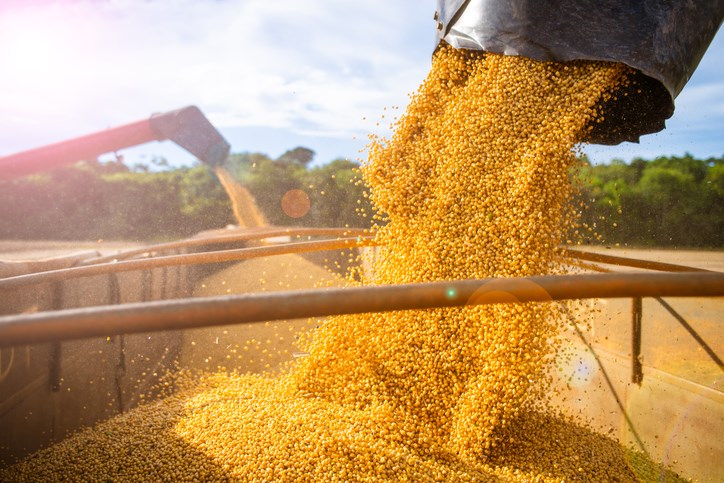REGINA — Agriculture Minister David Marit announced Tuesday that the provincial Crop Insurance Program will be offering reactionary support to producers in the coming growing season, to help offset losses from 2021.
Marit, during an appearance on Feb. 22 that also included federal Agricultural Minister Marie-Claude Bibeau and Saskatchewan Association of Rural Municipalities president Ray Orb, shared details about the upcoming insurance program.
Average coverage through the Saskatchewan Crop Insurance Program for 2022-23 will reach a record level of $405 per acre, said Marit, placing the average total premium also higher at $12.05 per acre, compared t $8.59 in 2021.
"Reflected through the historically high claim year, the challenges Saskatchewan farmers and ranchers faced during the 2021 growing season reinforces the importance of our Business Risk Management Programs," said Marit.
The average premium rate for this year will be lower, said the SCIC, due to strong production in 2020 and the one-year lag in calculating premium rates that means 2021 production data will not be used until 2023 calculations.
Saskatchewan received record-high claims for the 2021-22 season, according to reports, due to province-wide drought conditions paired with extreme heat. A total of $2.4 billion claims came in, with approximately $1.5 billion paid out at the time of the province’s previous financial report in November.
In reaction, Marit said the program will now include a heat adjustment factor in rainfall data used for claims, for the Forage and Corn Rainfall insurance programs. Precipitation amounts will now be reduced in monthly calculations, when temperatures reach 31 C or higher, to adjust for the impact of extreme heat.
Additionally, a new contract price option will be available to producers for commercial crops, allowing for the blending of contract prices with insurance base prices for higher coverage.
The SCIC is also adding several more commercial crops into the program, including fababeans, Khorsan wheat, fall and spring rye, sunflowers, triticale, winter wheat, extra strong wheat, hard white wheat, all classes of chickpeas, caraway, irrigated dry beans and soybeans.
Orb said that SARM “appreciate[s] the changes to these programs for 2022-23,” as the program aims to offer better support to producers.
Saskatchewan Pulse Growers and the Saskatchewan Stock Growers Association also expressed interest in the changes and additions to the program, as they expand options for producers.
“Business risk management programs are critical tools for producers to address market volatility and severe weather conditions,” said SSGA president Kacey Elford.
Producers are reminded to cancel, reinstate or make changes to their crop insurance by March 31, with more information about options available at local SCIC offices, by calling 1-888-935-0000 or online at scic.ca.



